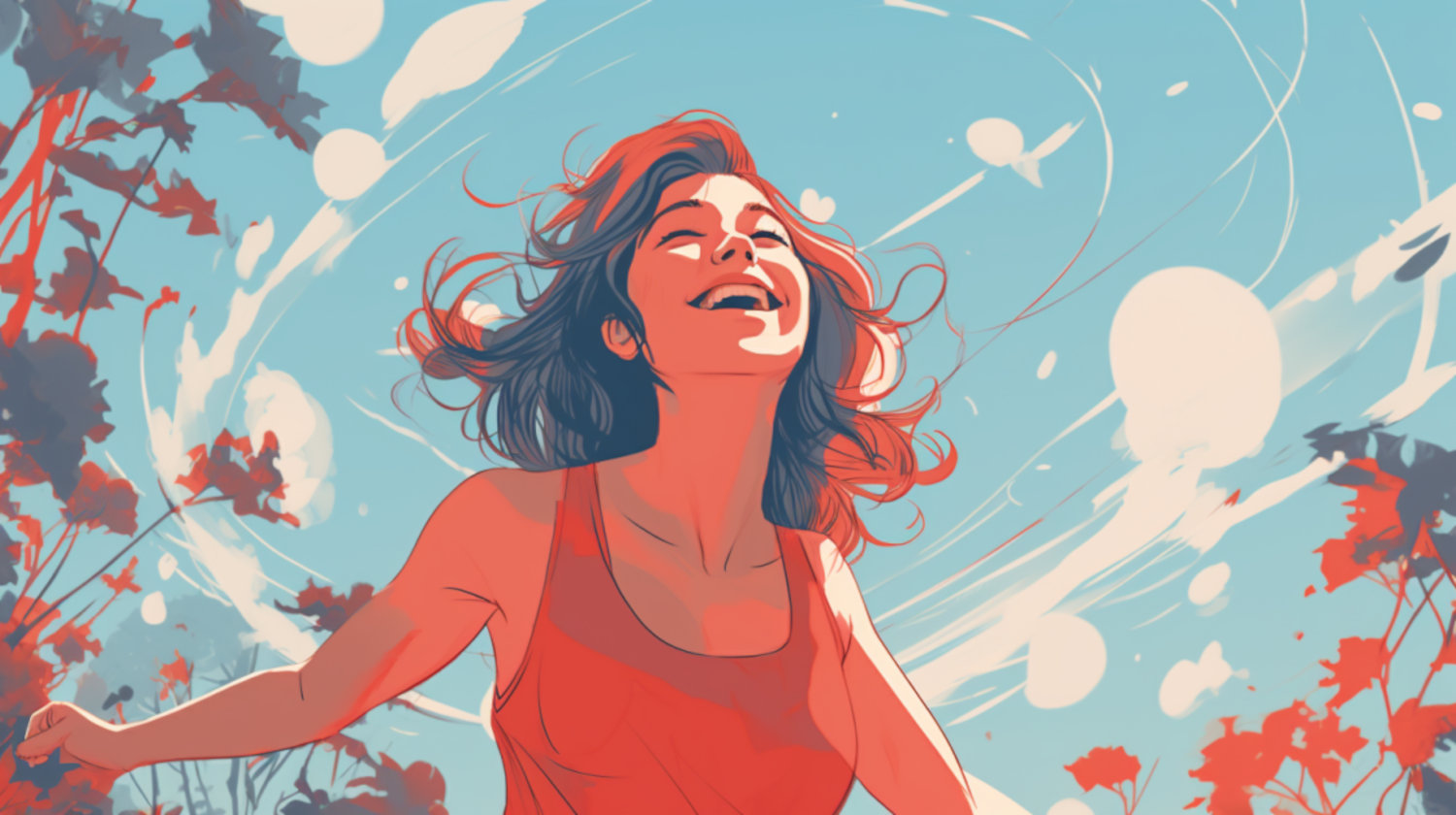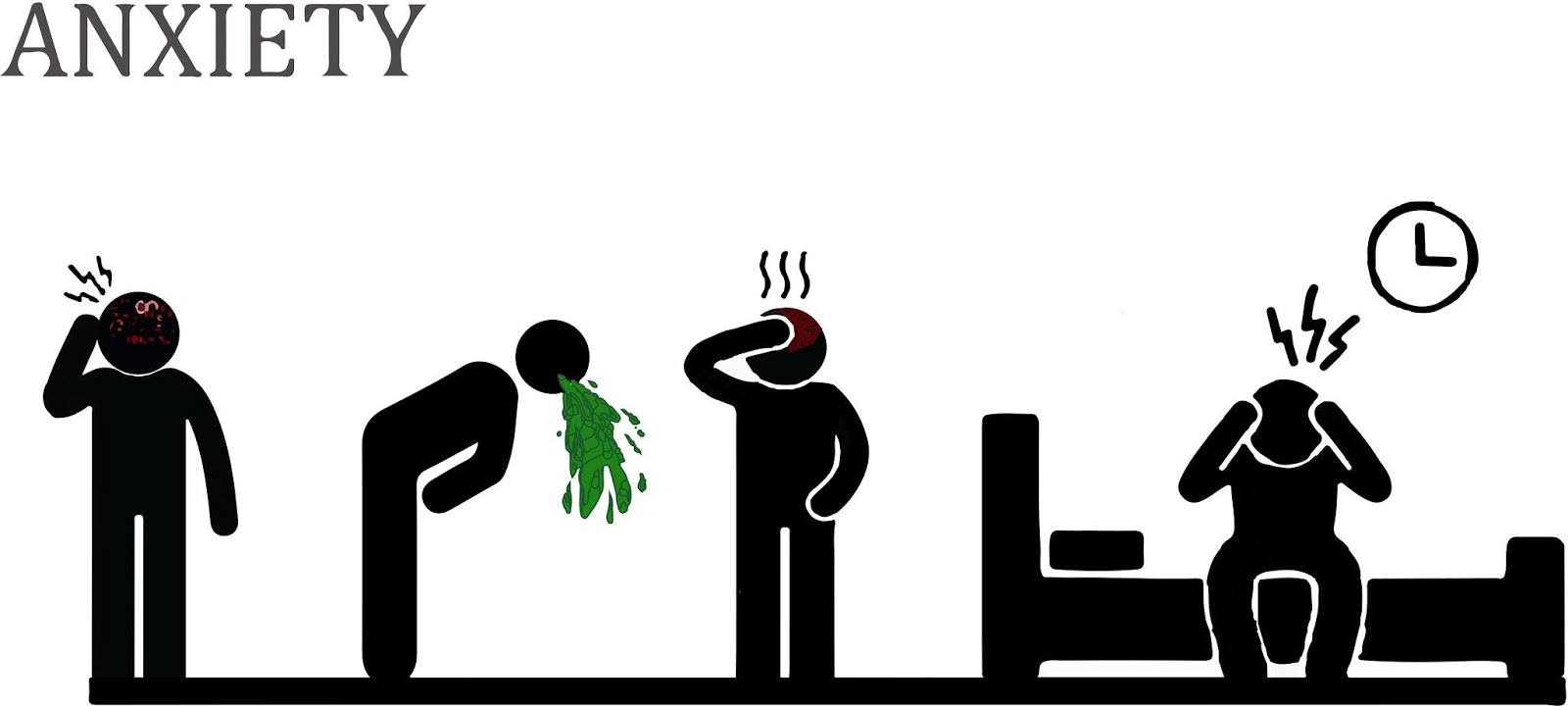According to our 2022 Annual Cannabis Conditions Report, which surveyed over 211,000 medical cannabis patients, roughly 19% of medical cannabis patients use cannabis for anxiety, and around 12% of medical cannabis patients use cannabis for PTSD.
There’s still a lot we don’t know about how cannabis and Zoloft interact. Both substances affect the brain, and it is important to consult with your doctor before adding either to your existing treatment regimen.
What is Zoloft?
Zoloft, also known as Sertraline, is a selective serotonin reuptake inhibitor (SSRI). SSRIs are a newer class of antidepressant drugs that work by stopping the body from reabsorbing serotonin, preventing the depletion of this vital neurotransmitter within the brain. Serotonin is thought to play a role in mood regulation, and imbalances have been linked to depression and anxiety.
Zoloft is FDA-approved for adults to take for the treatment of the following;
- Major Depressive Disorder (MDD)
- Obsessive-Compulsive Disorder (OCD)
- Panic Disorder
- Posttraumatic Stress Disorder (PTSD)
- Premenstrual Dysphoric Disorder (PMDD), and
- Social Anxiety Disorder.
Zoloft is an extremely common prescribed medication. Between 2004 and 2020, prescriptions for Zoloft or Sertraline in the United States increased by 10 million. As of 2020, prescriptions in the United States for Zoloft or Sertraline land at 38.22 million.
Combining Cannabis and Zoloft: What the Latest Research Says

Zoloft and cannabinoids, such as THC and CBD, are metabolized by the CYP2C19 enzymes in the liver. Both CBD and THC are known to inhibit the CYP2C19 enzyme. This inhibition of the CYP2C19 enzyme can make it harder for the body to properly metabolize other drugs, such as Zoloft, which are metabolized by the CYP2C19 enzyme. This enzyme interaction can lead to an increase in the levels of Zoloft present in a patient's system and can lead to an increase in adverse side effects such as diarrhea, dizziness, and fatigue.1,2,3
Based on the current data, more research is needed to determine the safety and efficacy of the concurrent use of Zoloft and weed. Individuals should consult their doctor before combining Zoloft and CBD or THC.
Because both Zoloft and cannabis affect liver enzymes, using them together may change how your body processes Zoloft. This can intensify or prolong side effects. If a healthcare provider determines that using both may be appropriate, close monitoring for any adverse effects is essential.
Combining CBD and Zoloft: What the Latest Research Says

Zoloft (sertraline) and cannabinoids like CBD are both processed in the liver by CYP2C19 enzymes. CBD is known to inhibit these enzymes, which may interfere with how the body metabolizes medications like Zoloft. This could increase sertraline levels in the bloodstream and raise the risk of side effects such as diarrhea, dizziness, or fatigue.4
A 2021 animal study on PTSD found that CBD, either alone or combined with sertraline, influenced behavior and neurochemical changes.5 Another preclinical study published in April 2023 found that CBD produced a stronger antidepressant effect in mice than either Zoloft alone or the combination of the two.6 However, since these studies were conducted on animals, human clinical trials are needed before drawing any conclusions.
While some sources suggest that CBD and Zoloft can be used together, others recommend caution due to the potential for drug interactions. Because cannabinoids can affect how Zoloft is processed, this combination may raise the risk of side effects or, in rare cases, contribute to conditions like serotonin syndrome.
Due to limited research and the possibility of increased side effects, patients should always speak with their healthcare provider instead of combining CBD with Zoloft or any other prescription medication.
Are You Considering Using Cannabis and Zoloft?
Combining cannabis with any substance or medication carries its own risks. Cannabis research is still in its earliest stages, and there is a lot that researchers still don't know. That leaves the door open for unexpected interactions with other substances. If you are considering combining cannabis with any other substance or medication, speak to your doctor for proper medical guidance.
Likewise, stopping the use of a prescribed medication can lead to unintended consequences. Many medications take time to build up in the body. Stopping suddenly can cause unpleasant and potentially serious or even fatal side effects. If you'd like to stop using or replace a medication, you need to follow the guidance of your medical provider to make any approved adjustments safely.
References
- MacCallum CA, Lo LA, Boivin M. "Is medical cannabis safe for my patients?" A practical review of cannabis safety considerations. European Journal of Internal Medicine. 2021;89:10-18. doi:https://doi.org/10.1016/j.ejim.2021.05.002
↩︎ - Nasrin S, Watson CJW, Perez-Paramo YX, Lazarus P. Cannabinoid metabolites as inhibitors of major hepatic CYP450 enzymes, with implications for cannabis-drug interactions. Drug Metabolism and Disposition. 2021;49(12):DMD-AR-2021-000442. doi:https://doi.org/10.1124/dmd.121.000442
↩︎ - Vaughn SE, Strawn JR, Poweleit EA, Sarangdhar M, Ramsey LB. The Impact of Marijuana on Antidepressant Treatment in Adolescents: Clinical and Pharmacologic Considerations. J Pers Med. 2021;11(7):615. Published 2021 Jun 29. doi:10.3390/jpm11070615
↩︎ - MacCallum CA, Lo LA, Boivin M. "Is medical cannabis safe for my patients?" A practical review of cannabis safety considerations. European Journal of Internal Medicine. 2021;89:10-18. doi:https://doi.org/10.1016/j.ejim.2021.05.002 ↩︎
- Gasparyan A, Navarrete F, Manzanares J. Cannabidiol and Sertraline Regulate Behavioral and Brain Gene Expression Alterations in an Animal Model of PTSD. Frontiers in Pharmacology. 2021;12. doi:https://doi.org/10.3389/fphar.2021.694510 ↩︎
- García-Gutiérrez MS, Navarro D, Austrich-Olivares A, Manzanares J. Unveiling behavioral and molecular neuroadaptations related to the antidepressant action of cannabidiol in the unpredictable chronic mild stress model. Frontiers in Pharmacology. 2023;14. doi:https://doi.org/10.3389/fphar.2023.1171646 ↩︎
The information in this article and any included images or charts are for educational purposes only. This information is neither a substitute for, nor does it replace, professional legal advice or medical advice, diagnosis, or treatment. If you have any concerns or questions about laws, regulations, or your health, you should always consult with an attorney, physician or other licensed professional.




